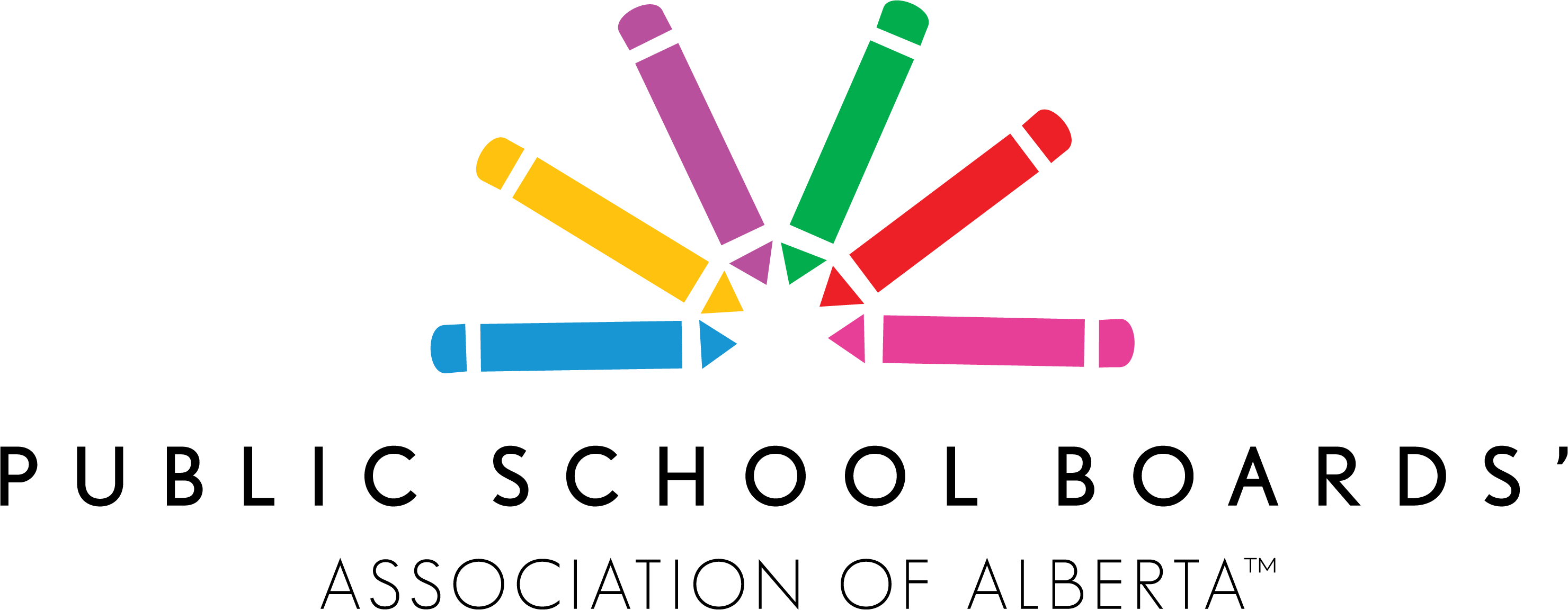May 30, 2025
Why Words Matter: Protecting the Integrity of Public Education
With the recent amendments to Bill 51, I wanted to address the importance of terminology and renaming. It’s important to note that with any terminology, there is a strategy behind the language used by government and policy makers to describe our education system. A recent shift in the wording, quietly changing “private schools” to “independent schools,” may seem minor on the surface, but as those committed to public education, we know that these linguistic changes signal much more than a rebrand. They signal a reframing of values and a potential redefinition of what education in Alberta is—and who it’s for.
The word “independent” evokes a sense of autonomy, merit, and legitimacy. It removes the stigma that might otherwise come with “private”—a term that rightly indicates exclusivity, tuition fees, selective admission, and in Alberta’s case, government funding. By contrast, public schools are accessible to all. We do not pick and choose our students. We serve every child, regardless of background, ability, or income, and we do so under the mounting pressures of record enrollment and underfunding.
This deliberate shift in wording is an attempt by the government to downplay the word private and soften public perception around privately operated schools that benefit from public dollars and government funding. By rebranding private schools as “independent,” it obscures the reality that these institutions still charge tuition, can select their students, and operate with exclusivity. The reality is that these are independent for-profit. It is vital that we, as public school boards, do not fall into these word traps. As public education advocates, we must continue to call them what they are, private schools. We must keep reinforcing the difference between a truly public system that is open to all, and a private system built on exclusivity.
Language matters. It shapes perception and guides policy. If the public begins to see private schools as more “independent” or “innovative,” then we as public schools, risk losing support for the very institutions that have long been the backbone of equal opportunity in Alberta. This is not just about labels. It’s about the direction we’re heading.
That’s why it’s critical we continue to speak up. As trustees and advocates, our role is to ensure that the language used to define education in Alberta reflects truth, transparency, and equity. Public schools offer choice, they offer excellence, and above all, they offer inclusion. We must not allow public school education to be quietly diminished under the guise of polished rebranding.
Now more than ever, our collective voice matters. Let’s keep naming what needs to be named. Let’s hold decision-makers accountable to the real meaning of “public,” and let’s ensure that all Alberta’s children have access to a truly inclusive, fully supported public education system.
Because when we protect the words, we protect the system. When we protect the system, we protect the future.
Dennis MacNeil
